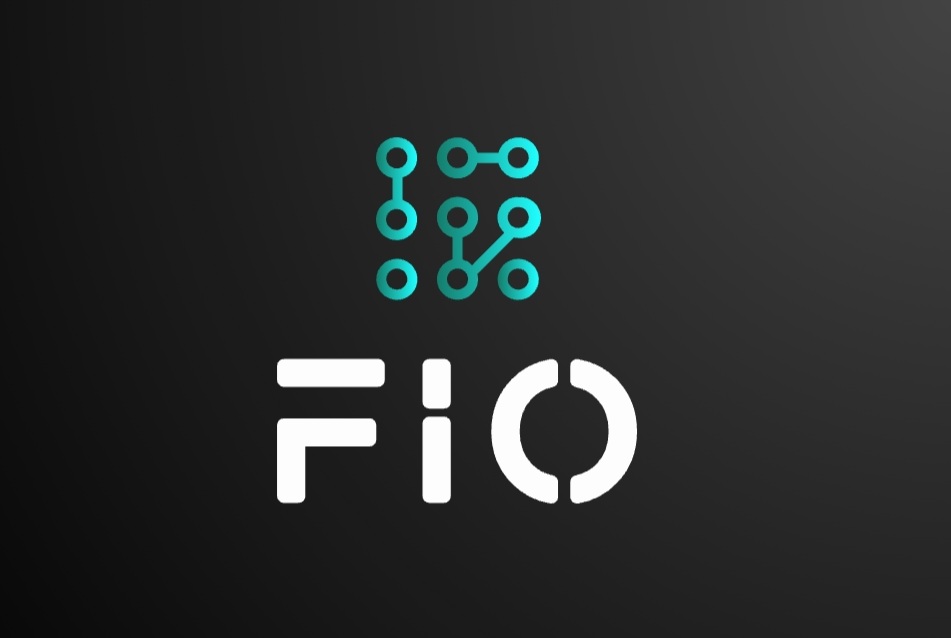FIO puts sustainability first: Highlights from March
- FIO

- Apr 3, 2023
- 6 min read
Climate finance is becoming an increasingly important tool for businesses looking to transition towards a low-carbon economy and reduce their environmental impact. As a fintech company, FIO has been actively involved in promoting sustainable finance and participating in various programs aimed at supporting small and medium-sized enterprises (SMEs) in their efforts to go green.

In March, FIO was an active participant in the UOB Sustainability Innovation Program which aimed to promote sustainable business practices among SMEs. As part of the program, UOB outlined its partnership strategies and climate finance program, which includes a range of specific products designed to help SMEs transition to a low-carbon economy.
These products include:
U-Solar, which provides financing for solar infrastructure projects.
U-Energy, which supports energy efficiency measures such as lighting and HVAC upgrades,
Finally, U-Drive provides financing for electric vehicle infrastructure, helping SMEs to reduce their carbon footprint and save money on fuel costs.
Through its participation in the program, FIO learned about Singapore's efforts to decarbonize and the various providers who can help SMEs to implement sustainable practices. The program also highlighted the importance of green procurement, which means that SMEs who sell to multinational corporations (MNCs) will need to demonstrate their sustainability efforts in order to remain competitive. By offering financing for sustainable projects and educating SMEs about green business practices, UOB and its partners are helping to drive the transition to a more sustainable future in Singapore and beyond.
FIO was also busy in March creating a prototype for submission to the Climate Finance Accelerator program, which is sponsored by Google Cloud and KPMG. The program highlights problem statements from banks in Singapore, including DBS, UOB, OCBC, HSBC, and Standard Chartered, and challenges participants to develop solutions that leverage cloud and machine learning technologies. The opportunity to submit forced FIO to get up to speed on climate finance and discover how the typical relationship between Bank to Corporate is changing.

Advisory is now the name of the game, and FIO sees a day where banks become climate and sustainability advisors to their customers. By providing guidance on sustainable business practices and financing options for climate-friendly projects, banks can help their clients to reduce their environmental impact and remain competitive in an increasingly sustainability-focused marketplace. FIO is excited to be at the forefront of this shift towards sustainable finance and looks forward to continuing to develop innovative solutions for banks and their clients.
In summary, FIO believes that climate finance will be a key pillar for all SMEs to succeed in the future. Singapore is leading the way in promoting sustainable finance, and FIO is committed to bringing this message to the rest of its ASEAN bank discussions and continuing to develop innovative solutions for banks and their clients.
From Agile to Secure, the secret sauce to adopt cloud native technology
In today's fast-paced business world, technology plays a critical role in the success of organizations. The two key attributes of technology that are instrumental in business success are agility and scalability. Agility allows technology teams to plan, design, develop, and implement applications in the shortest possible time, while scalability ensures that the application infrastructure has adequate capacity at all points in time to give every user a
uniform experience every time.

Agile development methodologies have become popular in recent years, as they provide a way for developers to rapidly respond to changing requirements. Scalability, on the other hand, is critical for ensuring that applications can handle increasing workloads and user demand without experiencing downtime or performance issues.
The cloud has enabled both agility and scalability in software applications by providing a range of tools and services that enable developers to build and deploy applications quickly and easily, while also scaling resources up or down as needed. However, every organization has its own set of requirements around security and budgets. Hence, organizations spend a considerable amount of time and energy building frameworks on top of cloud platforms with built-in bespoke security and efficiency features.
These frameworks provide standardization across all applications implemented in the organization through reusable architecture, guardrails to developers, native data protection, and efficiency monitoring and compliance insights to operations. Such frameworks allow an organization to choose any cloud service provider since the framework ensures effective governance.
FIO has observed that some banks are creating this as their secret sauce, and some banks are launching commercial ventures such as Evolvedigi and Letsbloom. These organizations understand the importance of agility, scalability, and security in their applications, and have developed frameworks that provide standardization, security, and efficiency across all their applications.

As cloud computing continues to be an integral part of the infrastructure landscape of organizations, the need, use, and importance of such frameworks will continue to grow.
Software vendors that categorize themselve as “cloud native” would be smart to catch on to this trend and adopt integration to these frameworks as part of their customer adoption strategy.
In conclusion, agility and scalability are essential for the success of technology-driven businesses. The cloud has enabled these attributes, and organizations must invest in building frameworks that provide standardization, security, and efficiency across their applications. With the right frameworks in place, organizations can focus on their core competencies, innovate faster, and stay ahead of the competition.
As the world becomes more digitized, financial institutions are rapidly adopting cloud technology to enhance customer experience and remain competitive. ICICI Securities, a leading wealth-tech firm in India, decided to move an independent but vital part of its trading platform to the cloud to gain the scalability and bandwidth necessary to support expansions. Specifically, the firm turned to Amazon Web Services (AWS), whose Asia Pacific (Mumbai) Region would ensure that data stayed in India, in line with financial regulations.

The first piece taken up in this direction was to disseminate data as soon as it arrives from the exchanges. I-Sec worked with a team to modernize its market data dissemination system for greater efficiency and burst handling to serve millions of retail traders and partners across markets. Tech-savvy retail investors and Algo traders are now looking for a personalized investment experience. I-Sec collaborated with AWS to develop a set of core APIs and SDKs that provides capabilities required for third parties to build and run proprietary investment strategies at scale.
Historical and real-time tick data has become increasingly important for research, back-testing of strategies, and verification of internal data. However, collecting, storing, and disseminating such large data sets at a high-frequency in real-time requires substantial infrastructure and resources. I-Sec’s historical Data-On-Demand provides easy and flexible access to high-quality and reliable historical data across exchanges, all through the cloud.
Due to stringent regulatory requirements and due diligence, customer on-boarding became increasingly complex. I-Sec improved this process by reducing leads dropouts by transforming its Non-Resident Indian (NRI) customer onboarding platform leveraging AWS native AI/ML services such as Amazon Sagemaker and Amazon Rekognition to automate data extraction and verification of documents like Aadhar, PAN, passport, and voter id.
As a result of its partnership with AWS, ICICI Securities continues to innovate for the benefit of its customers.
Microsoft Cloud for Financial Services has announced a set of new features, enhancements and preview updates to help wealth management firms to drive new product innovation and process improvements. With a rapidly changing competitive landscape, the mandate to embrace a "digital-first" strategy has never been more urgent for wealth management firms in particular. Microsoft Cloud for Financial Services empowers firms to implement the right digital strategies for their businesses, enabling the delivery of personalized financial solutions at scale to all customer segments, while also elevating the client experience.
Two new features for wealth management, a new wealth management data model and a Unified Client Profile for wealth management have been delivered, which will foster deeper client relationships by delivering meaningful advice. To meet customers' expectations and provide exceptional customer experiences, financial service providers must continuously enhance their offerings. This requires a commitment to ongoing improvement in delivering the seamless and efficient services that customers expect, especially at the crucial points of intersection where customers or clients engage with the financial institution for the first time.

Microsoft Cloud for Financial Services has also announced additional enhancements to its cloud, landing zones for both Microsoft Azure and Microsoft Power Platform, and a welcome to Australia to the list of countries participating in their previews. The growing momentum and importance of Microsoft's partner ecosystem is also critical to delivering integrated solutions and support for customers, with 75 solutions now available for customers to use in extending the value of Microsoft Cloud for Financial Services.
Overall, today's news represents an important continuation of Microsoft Cloud for Financial Services' cloud journey for financial services, with a focus on driving innovation in the industry and meeting the needs of customers. The cloud has become a critical technology for institutions across all lines of business in the financial services industry, and institutions need to work with providers that can supplement infrastructure with industry-specific data frameworks and rich partner ecosystems to fulfill the promise of a digital future.




Comments